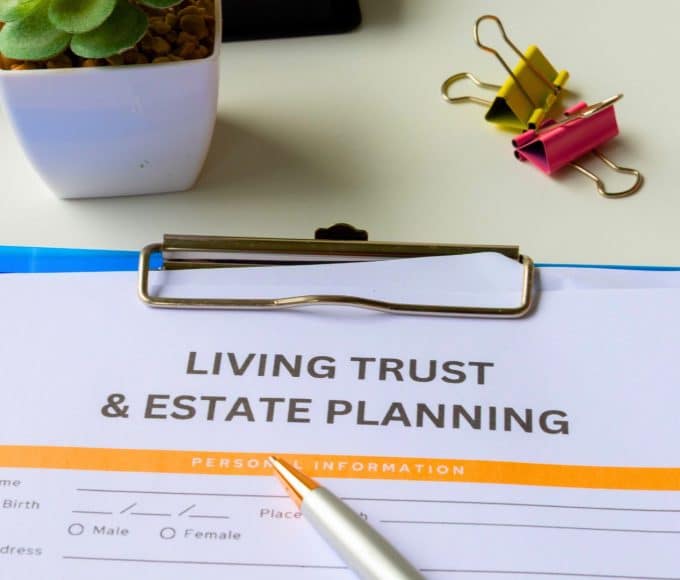Empathy is something the world could definitely use more of, especially when it comes to our relationships. We often forget that everyone around us is just human—they make mistakes, mess up, and sometimes say things they don’t mean.
If we take these things to heart every time, we won’t be able to build the healthy, satisfying relationships we all deserve. Understanding others and communicating effectively are key.
With that in mind, here are seven tips for to help you express yourself authentically, empathetically and build Healthier Relationships!
1. Observe Without Judging
Start by observing what’s happening without adding judgments or evaluations.
For example, say, “I noticed you arrived 30 minutes after the agreed time,” instead of, “You’re always late.” This helps keep the conversation neutral and focused on the facts, making it easier for both parties to communicate openly.
2. Express Feelings Clearly
Use “I feel” statements to express your emotions directly. For instance, say, “I feel frustrated when meetings start late,” rather than, “You make me so angry.”
This approach makes it clear that you’re sharing your own feelings rather than blaming the other person.
3. Identify Needs
Clearly communicate your underlying needs. For example, say, “I need to feel respected,” instead of focusing on the specific action that triggered the feeling.
Understanding and expressing your needs can prevent misunderstandings and help others respond more empathetically.
4. Make Requests, Not Demands
Frame your requests as invitations rather than demands. For example, ask, “Would you be willing to start the meeting on time?” instead of insisting, “You need to be on time.”
This encourages cooperation and makes the other person more likely to respond positively.
5. Practice Empathetic Listening
Listen to others with empathy and without interrupting. Reflect back what you hear to show understanding, such as, “It sounds like you’re feeling overwhelmed by the workload.”
This not only shows that you’re listening but also helps clarify any misunderstandings.
6. Use “And” Instead of “But”
Replace “but” with “and” to avoid invalidating others’ feelings. For example, say, “I understand you’re busy, and I need your help,” instead of, “I understand you’re busy, but I need your help.”
This small change in language can make a big difference in how your message is received.
7. Avoid Blame and Criticism
Focus on sharing your own experiences and needs rather than blaming or criticizing others.
For example, say, “I feel unheard when I share my ideas,” instead of, “You never listen to me.” This helps keep the conversation constructive and focused on solutions.
These tips have helped me build healthier relationships, and they can do the same for you. If you’re interested in learning more, I highly recommend Marshall B. Rosenberg’s book on Nonviolent Communication, which served as the main source for this article.
Recommended – Top 5 Things to Stop Doing Now to Reduce Stress















